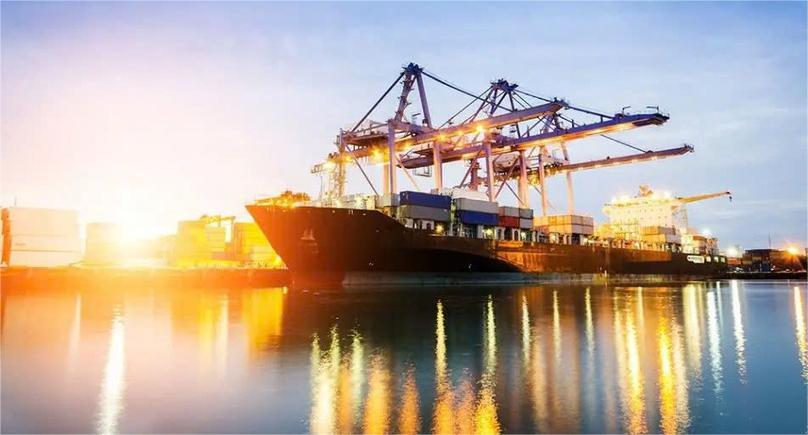TCC Warns of Potential Economic Losses Due to Trump’s Trade Policies
The Thai Chamber of Commerce (TCC) has advised Thailand to maintain a neutral stance in global trade, cautioning that the trade policies of US President-elect Donald Trump could lead to significant economic repercussions for the country. TCC president Sanan Angubolkul indicated that these policies might result in a potential loss of 160 billion baht for the Thai economy.
Impact on Thai Exports and Key Industries
Concerns Over Export Declines
Sanan highlighted that Trump’s trade policies are expected to adversely affect Thai exports, particularly in sectors where Thailand currently enjoys a trade surplus with the US. Key products at risk include hard-disk drives, semiconductors, tyres, air conditioners, and solar cells.
Broader Economic Implications
The manufacturing, construction, and agriculture sectors could face significant challenges due to the anticipated barriers imposed by Trump’s administration. Sanan emphasized the need for Thailand to adapt its trade strategies in light of these developments.
Opportunities Amidst Challenges
Potential for Foreign Investment
Despite the challenges posed by Trump’s 60% import tariff on Chinese goods, Sanan noted that this could lead to an influx of Chinese products into the Thai market. While this may provide consumers with cheaper options, it could severely impact local manufacturing and service sectors.However, he also pointed out that the relocation of production bases from China to Thailand could present an opportunity for attracting foreign investment.
Economic Forecasts and Trade Partnerships
Projected Economic Losses
Sanan predicts that Trump’s trade policies could trigger an initial drop in Thai exports by 1.03%, resulting in a 0.59 percentage point decline in Thailand’s gross domestic product (GDP).
Expanding Trade Relationships
To bolster economic growth, TCC has recommended expanding trade and investment partnerships with countries like India and forming closer ties with Vietnam. Sanan stressed the importance of proactive and passive policies alongside public-private collaboration to navigate these challenges effectively.
Monitoring the Trade Landscape
Potential Trade War Concerns
The Federation of Thai Industries (FTI) has urged close monitoring of the potential trade war stemming from Trump’s presidency. FTI president Kriengkrai Thiennukul warned that Thailand’s trade surplus might make it a target for US tariffs, which could also lead to an appreciation of the baht.
Investment Volatility
Kriengkrai expressed concerns regarding investment volatility due to Trump’s policies aimed at attracting investments back to the US through corporate tax reductions. He cautioned that these changes could adversely affect Thailand’s economic landscape.
Risks Associated with BRICS Partnerships
Kriengkrai noted that Thailand’s partnership with BRICS—a bloc that includes China—could expose it to US trade barriers. He emphasized the need for Thailand to maintain a robust domestic industry while simultaneously attracting foreign investments.
Strategic Adaptation Required
As Thailand navigates potential economic challenges arising from international trade dynamics, maintaining a neutral stance while fostering strategic partnerships will be crucial. The TCC’s recommendations highlight the importance of adaptability and proactive measures in ensuring sustainable economic growth amidst global uncertainties.








